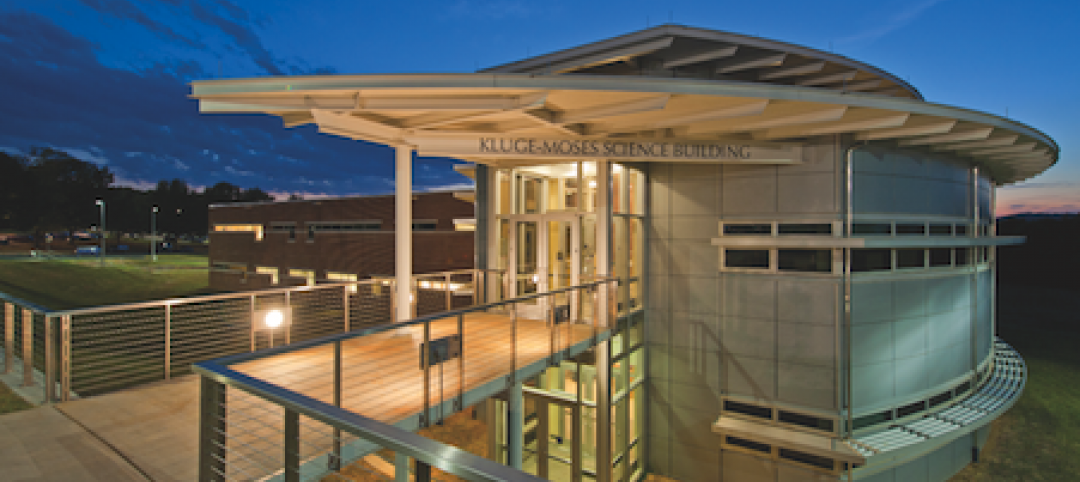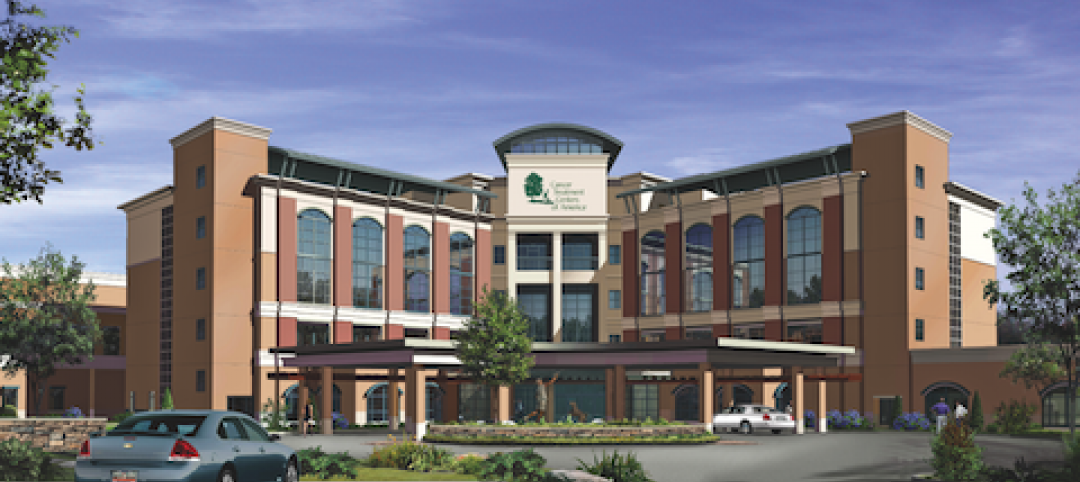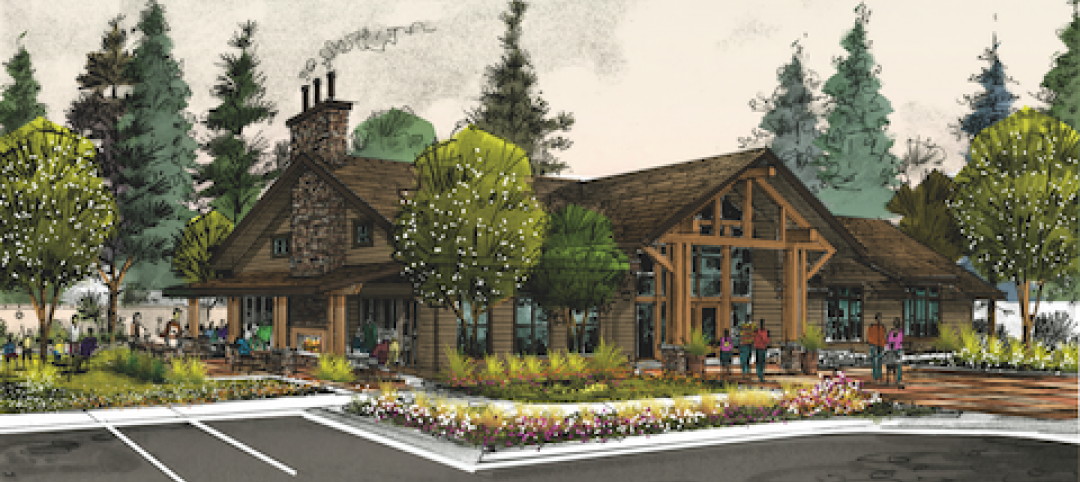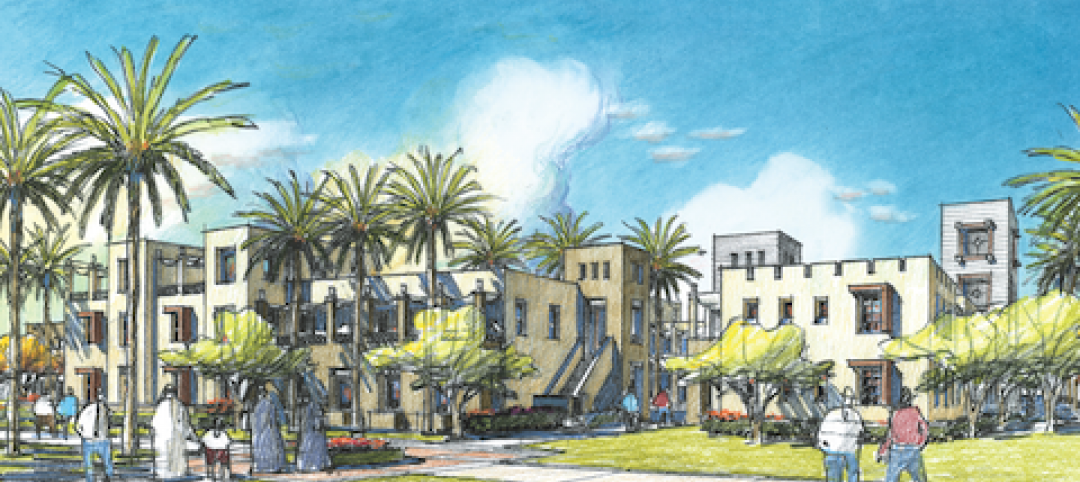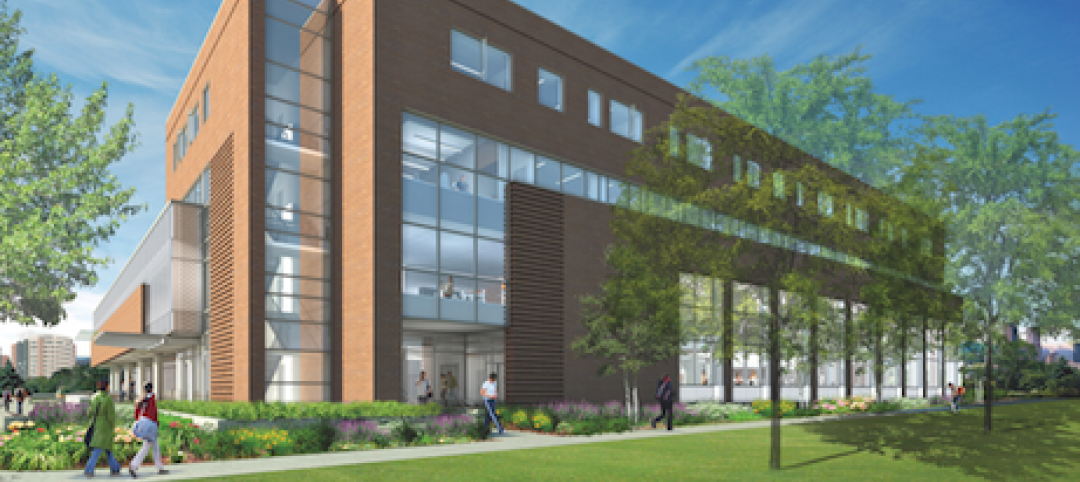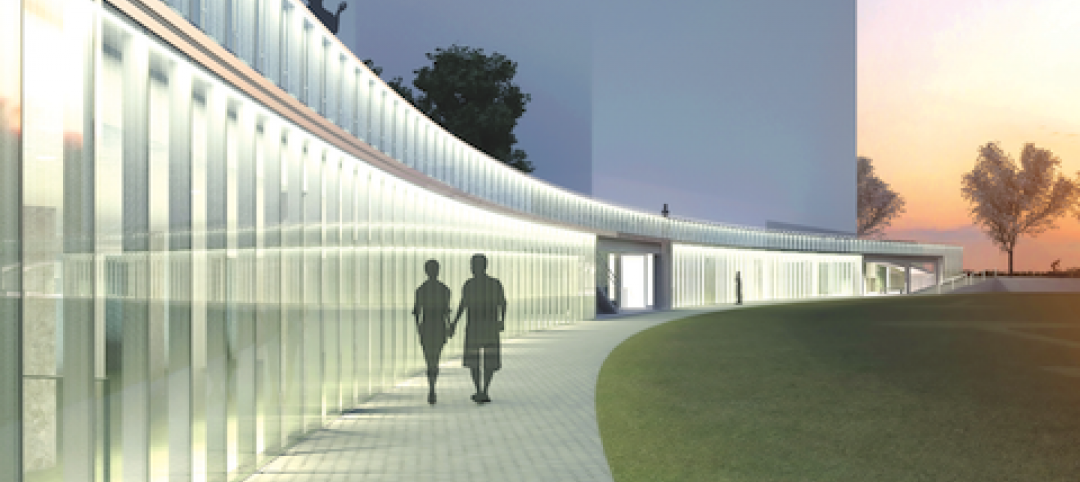SmithGroup, one of the nation’s leading architecture, engineering and planning firms, will now operate at SmithGroupJJR.
The name change reflects the creation of a single brand, bringing together SmithGroup and JJR, LLC. Formerly a SmithGroup subsidiary, JJR is an award-winning specialist in landscape architecture, planning, urban design, civil engineering, and environmental science.
“We have always been one company in culture and ownership,” said SmithGroupJJR President & CEO Carl Roehling, FAIA, LEED AP. “By merging our two brands, it’s now loud and clear that we’re together – increasingly multi-disciplined and fully integrated.”
SmithGroup and JJR have been together for more than 40 years. SmithGroup merged with JJR (then known as Johnson, Johnson & Roy) in 1970 to add landscape architecture and planning services. Since then, JJR has been a subsidiary of SmithGroup while continuing to operate as its own brand, retaining the JJR name.
“The new SmithGroupJJR name will help our clients realize the full extent of our services and capabilities,” Roehling explained. “We are one of a few multi-disciplinary design firms that offer this range of integrated services.”
Owners are increasingly opting to use multi-disciplinary firms to solve their project challenges. Having a myriad of design and planning services--from master planning to architecture to multiple engineering disciplines to landscape architecture--provided by a single, integrated firm allows owners to benefit from the creativity and heightened quality that such collaboration brings.
JJR’s expertise now becomes one of SmithGroupJJR’s practices, which focus on the firm’s significant client markets. The firm’s four primary practices--Health, Learning, Workplace and Science & Technology--will now be joined by a fifth, called the Campus, Community & Waterfront practice.
Fred Klancnik, PE, F.ASCE, who has served as president and CEO of JJR since 1999, becomes the leader of the new practice. He believes the name change is good news for clients.
“The specialized services that we are well known for nationally and internationally, such as campus and waterfront development, will now become more readily available to SmithGroupJJR clients throughout all offices,” Klancnik stated. BD+C
Related Stories
| Oct 13, 2010
Campus building gives students a taste of the business world
William R. Hough Hall is the new home of the Warrington College of Business Administration at the University of Florida in Gainesville. The $17.6 million, 70,000-sf building gives students access to the latest technology, including a lab that simulates the stock exchange.
| Oct 13, 2010
Science building supports enrollment increases
The new Kluge-Moses Science Building at Piedmont Virginia Community College, in Charlottesville, is part of a campus update designed and managed by the Lukmire Partnership. The 34,000-sf building is designed to be both a focal point of the college and a recruitment mechanism to get more students enrolling in healthcare programs.
| Oct 13, 2010
Cancer hospital plans fifth treatment center
Construction is set to start in December on the new Cancer Treatment Centers of America’s $55 million hospital in Newnan, Ga. The 225,000-sf facility will have 25 universal inpatient beds, two linear accelerator vaults, an HDR/Brachy therapy vault, and a radiology and imaging unit.
| Oct 13, 2010
Apartment complex will offer affordable green housing
Urban Housing Communities, KTGY Group, and the City of Big Bear Lake (Calif.) Improvement Agency are collaborating on The Crossings at Big Bear Lake, the first apartment complex in the city to offer residents affordable, eco-friendly homes. KTGY designed 28 two-bedroom, two-story townhomes and 14 three-bedroom, single-story flats, averaging 1,100 sf each.
| Oct 13, 2010
Residences bring students, faculty together in the Middle East
A new residence complex is in design for United Arab Emirates University in Al Ain, UAE, near Abu Dhabi. Plans for the 120-acre mixed-use development include 710 clustered townhomes and apartments for students and faculty and common areas for community activities.
| Oct 13, 2010
HQ renovations aim for modern look
Gerner Kronick + Valcarcel Architects’ renovations to the Commonwealth Bank of Australia’s New York City headquarters will feature a reworked reception lobby with back-painted glass, silk-screened logos, and a video wall.
| Oct 13, 2010
New health center to focus on education and awareness
Construction is getting pumped up at the new Anschutz Health and Wellness Center at the University of Colorado, Denver. The four-story, 94,000-sf building will focus on healthy lifestyles and disease prevention.
| Oct 13, 2010
Community center under way in NYC seeks LEED Platinum
A curving, 550-foot-long glass arcade dubbed the “Wall of Light” is the standout architectural and sustainable feature of the Battery Park City Community Center, a 60,000-sf complex located in a two-tower residential Lower Manhattan complex. Hanrahan Meyers Architects designed the glass arcade to act as a passive energy system, bringing natural light into all interior spaces.
| Oct 13, 2010
Community college plans new campus building
Construction is moving along on Hudson County Community College’s North Hudson Campus Center in Union City, N.J. The seven-story, 92,000-sf building will be the first higher education facility in the city.
| Oct 13, 2010
Bookworms in Silver Spring getting new library
The residents of Silver Spring, Md., will soon have a new 112,000-sf library. The project is aiming for LEED Silver certification.




